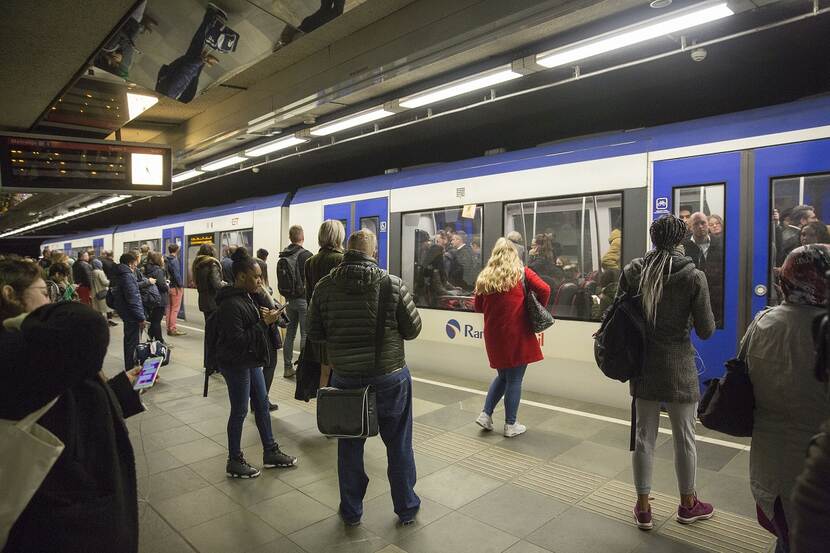People with a migration background less mobile
People with a migration background are less mobile than those without a migration background. They stay at home more often for a whole day. When they do go out, they tend to travel a shorter total distance and visit fewer destinations. Nevertheless, people with a migration background and with an employment tend to have longer commuting distances and times than employed people without a migration background.

These are some of the conclusions drawn by the KiM Netherlands Institute for Transport Policy Analysis in its publication 'Multicultural diversity in mobility', in which the researchers examined the travel behaviour and travel opportunities of people with a migration background (first and second generation) in the Netherlands. They compared the travel behaviour of various groups of individuals in Dutch society, while controlling for many other aspects such as age, place of residence and income.
Reason for the study
1 in 4 Dutch people currently have a migration background. In 20 years' time, this ratio is expected to be 1 to 3. This means that people with a migration background have a potentially major influence on the mobility situation in the Netherlands, prompting this study. At the same time, KiM concludes that it is not easy to speak of "the travel behaviour of people with a migration background". Indeed, there are many groups of individuals and many more travel patterns.
Bicycle use, walking and public transport use
People with a migration background tend to cycle significantly less frequently than people without a migration background. Some groups cycle barely half of the days that people without a migration background cycle. Inadequate parking facilities, bicycle theft, fear of cycling and the relatively low status of the bicycle among some communities may be explanations for such clear differences. By contrast, people with a migration background use the bus, tram and metro more often, and they also walk more.
First and second generations
The conclusions on lower mobility, longer commutes, limited use of bicycles and more frequent use of public transport apply most strongly to migrants, people born outside the Netherlands. The children of migrants – second-generation Dutch individuals – exhibit travel behaviour patterns that tend to be more similar to that of people without a migration background. Cycling frequency is an exception to this rule among some groups. For example, second-generation Turkish and Moroccan Dutch people cycle relatively infrequently, just like first-generation Turkish and Moroccan Dutch people.
Interviews
For this study, KiM linked two years of data from the Dutch National Travel Survey (ODiN) with people's migration background. KiM researchers also held interviews and focus group discussions with people with a migration background.